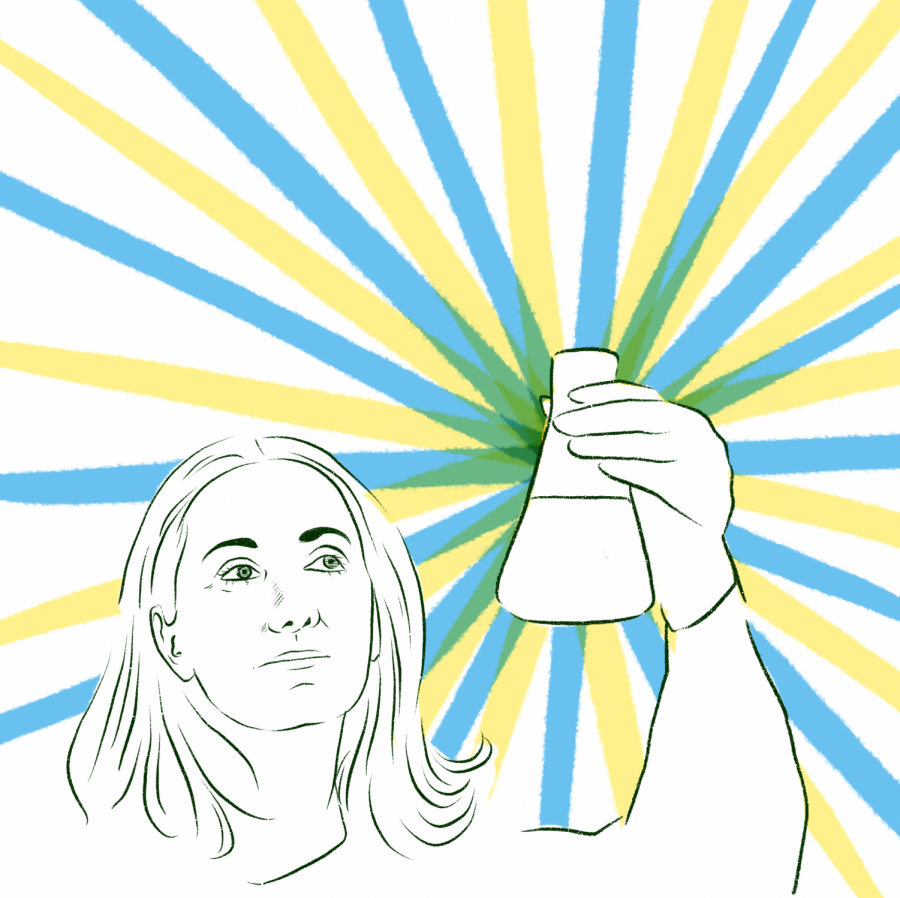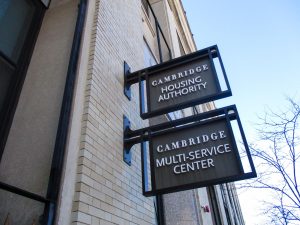Pardis Sabeti Is Saving the World… Again
December 7, 2020
Pardis Sabeti is a 44-year-old scientist living in Boston. She heads a scientific lab located at Harvard University and partnered with Broad Institute called Sabeti Lab. As a child, Sabeti watched her father work for the Iranian government as a civil servant. Sabeti’s father is someone she looks up to and admires a lot; watching her father work to help so many people inspired her to do the same when she got the chance. However, her father insisted on her working a more stable job, Sabeti said in a interview with the Register Forum, “I always knew that we were sort of here to do service for others; it was sort of ingrained [in] me even though [Parvis Sabeti, Pardis’ father] actually tried to convince me not to do it because It’s really challenging and it’s a very thankless job.” After taking her father’s advice, she decided that she was going to become a doctor, eventually graduating with a PhD in Biology from MIT and an M.D. from Harvard Medical School. However, it was during that time when she realized that being a doctor was not how she wanted to help people.
Science interested Sabeti, so she continued to go to school and try to study human genomes to find mutations. Sabeti ended up creating a method that allows her lab to look through a genome and find things without even knowing what they’re looking for. Sabeti was studying a mutation she found in a genome called Basa Virus, and it interested her so much that her study of the genome turned into an addiction. Sabeti couldn’t figure out why this virus was so aggressive and affected human evolution with its extremely deadly and wide-spreading nature. Sabeti decided to travel to Africa to take a closer look at it. When she found out about the Ebola Virus in 2014, West Africa went through an epidemic called the Ebola Virus. It started with an 18-month-old boy, who is thought to have contracted the Ebola Virus from a bat, spreading to other people in the Guinea village with cases of extreme diarrhea. These cases spread into surrounding cities and many cases resulted in deaths.
When Sabeti decided to take on researching the Ebola Virus, her and her team’s main goal was to see if the virus was spreading more than previously thought, while simultaneously watching out for other new and unknown viruses. With enough testing and researching, her findings were terrifying: the Ebola Virus was more wide-spread than they could have imagined. Sabeti and her team rushed and responded to this horrifying discovery in a timely manner, leading Sabeti to find the cure for the Ebola virus.
When COVID-19 was first starting to spread to America, Sabeti watched closely as the number of cases slowly started rising. In March, when everyone went into quarantine, Sabeti said in regard to COVID-19, “This is just the beginning.” Sabeti joined a Harvard program called the Massachusetts Consortium for Pathogen Readiness (MCPR), whose mission is to develop and invest in the research process of addressing COVID-19 and any other future viruses. MCPR’s working groups consist of epidemiology, pathogenesis, diagnostics (Sabeti’s working group), vaccines, clinic management, and outcomes research. Sabeti works in diagnostics and she tries to help people develop diagnostics indicating the nature of COVID-19.
During this quarantine, Sabeti has also helped Mass General Hospital set up testing while finding other ways of testing that are currently awaiting FDA approval. Additionally, Sabeti has developed a software to track COVID-19 and other viruses within communities. One of Sabeti’s biggest focuses is minorities. She has consistently gone to schools with minority students who cannot afford the same things that their rich or middle class peers ccan. She taught students with textbooks about outbreaks, wrote a curriculum that allows teachers to teach students about flare ups, and created an app that allows students to explore the spread of viruses at school via bluetooth.
In an interview with the Register Forum, Sabeti says, “I don’t do a lot of future thinking, like, ever. I don’t imagine future dates or any of that, I kind of go one step at a time.” It’s remarkable how someone can be so powerful and passionate about helping people and do so much for the world. Sabeti is truly a superhero without a cape. And, of course, if you feel like you might have COVID-19, or just want to check, visit the CDC and schedule a test.










